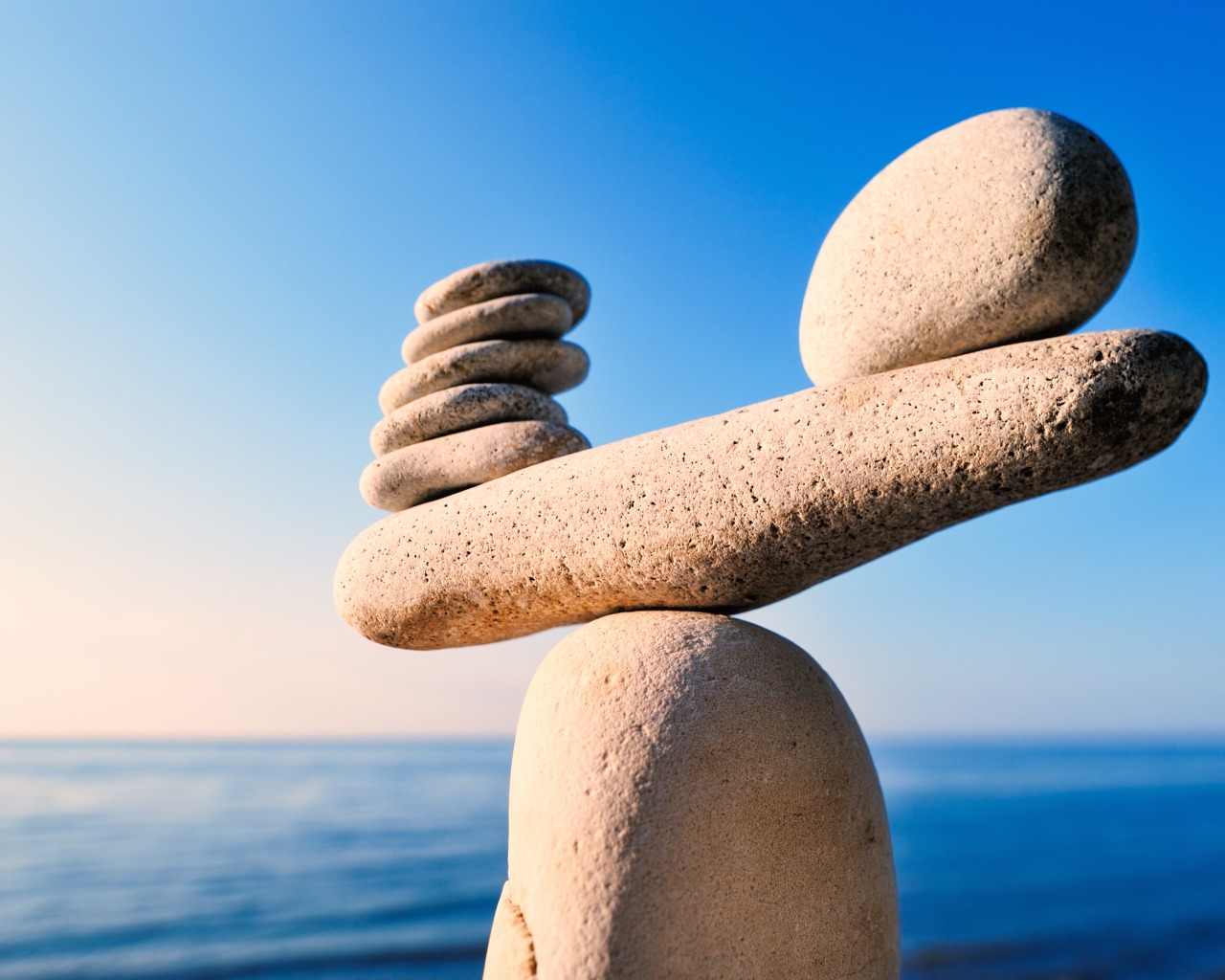How to become a balanced person
An unbalanced person is called a person whose emotions are excessive, sharp, too intense and unrestrained. But the label “unbalanced” is not a sentence. How to become a balanced person?
A quick-tempered, irritable, aggressive and easily hurt, too sensitive, prone to panic, tearful person will also be called unbalanced. A person who laughs uncontrollably and has too much fun is also likely to appear unbalanced.
In this way, imbalance- emotional deviation from a certain central point of internal balance, harmony of feelings and emotions, calmness and tranquility.
An unbalanced person is in a state of permanent anxiety, irritability, dissatisfaction with himself and the world. As a result, there are Problems:
- Psychosomatic character. Due to the fact that stress hormones are constantly released into the body, unbalanced people are prone to cardiovascular diseases, migraines, baldness, allergies, and stomach problems.
- Constant quarrels and conflicts both at home and at work. As a result, trust disappears, the situation becomes uncomfortable, constantly tense.
- Decreased efficiency of any activity and quality of life in general. An unbalanced person cannot concentrate on tasks and goals, being in the grip of emotions and experiences.
An unbalanced person does not control the situation and does not cope with himself, he is controlled by emotions, and a balanced person controls emotions himself, controls them through will and reason.
Besides, a balanced person is distinguished the following features:

It is impossible to constantly remain in a calm and detached state, most often both calm poise and explosive emotions are temporary and situational phenomena.
A person whose main character trait has become poise, who manages to remain calm most of the time, seems to others to be cold-blooded. He really has everything even inside, so he doesn’t care what happens outside, he remains impartial in almost any situation.
You need to understand that the desire to constantly, regardless of the situation, remain calm, is fraught with the fact that along with negative experiences, positive emotions and feelings will also disappear.
In this way, equilibrium- this is not a constant stay in a state of detachment and composure, this is the ability to find the "golden mean" between cold spiritual impartiality and ardor, that is, the ability to control one's emotions.
How to stay calm in a stressful situation
Staying balanced in a calm environment is not difficult, but a situation where it is difficult to control oneself is another matter. To become a balanced person, you need to learn how to react calmly, think soberly and act reasonably in non-standard, exciting, stressful situations. Thus, one must learn self-control and awareness.
 When a stressful situation, necessary:
When a stressful situation, necessary:
- Realize what exactly is happening, to feel and name the emotions that have arisen to yourself. For example: "A quarrel is brewing, I'm angry."
- Collect all will and restrain from impulsive action. Say to yourself, “I can handle anger. I control her, not she controls me. You can also recall Carlson's phrase “Calm! Only calmness! ”, Which, among other things, will distract and add a positive touch.
- think how significant will be what is happening now in an hour, a day, a year. It is much easier to destroy than to build, and a rashly spoken word or action cannot be taken back or “replayed”.
These three steps should help reduce the intensity of emotions, balance experiences, in order to approach the problem intelligently and make the right decision.
There are also special technology able to balance the psyche during an unpleasant situation:

Of course, there are no universal methods. The “Resource State” technique can be applied in crowded transport, but when communicating with the boss, “flying in the clouds” is unacceptable, in this case, “View from the outside” and “Transformation of reality” are better suited.
How to achieve peace of mind
In order for balance to become a habit and turn into a character trait, you will have to work on yourself.
For starters, it would be nice to have introspection:
- Observe yourself for a week or two and note what irritates you.
- Make a list of annoying factors, ranging from the corner of the chest of drawers (which you always hit with your foot), ending with your own negative character traits and people with whom you should not communicate.
- Think about how to eliminate these stimuli or how to learn to remain balanced when in contact with them.
- Take active action.

Any work to improve life begins with internal transformations. So, in order to become a balanced person, you need develop these qualities:
- rational thinking,
- purposefulness,
- responsibility,
- organization,
- punctuality,
- self control,
- self-confidence,
- reflection (it is better to retell the stressful situation not to friends, but to yourself).
Helping you stay balanced throughout the day actions and conditions:
- observance of the daily routine,
- alternation of mental and physical labor,
- giving up bad habits (especially alcohol “shatters” the psyche),
- limiting the flow of negative information,
- use of anti-stress techniques,
- communicating with positive people
- interior in soothing colors (balance the psyche of blue, green, light yellow, light brown colors),
- the presence of living plants and animals in the room,
- walks in the open air,
- complete rest and sleep.
Of course, there are people who, due to innate characteristics, are more balanced than others, but in general, the ability to remain calm is formed like any other skill.
It is important to take your emotional reactions for granted, because they are natural. Even the most calm and restrained person can one day become seriously angry and flare up, and the hottest and most explosive person can learn to restrain himself and remain calm.
